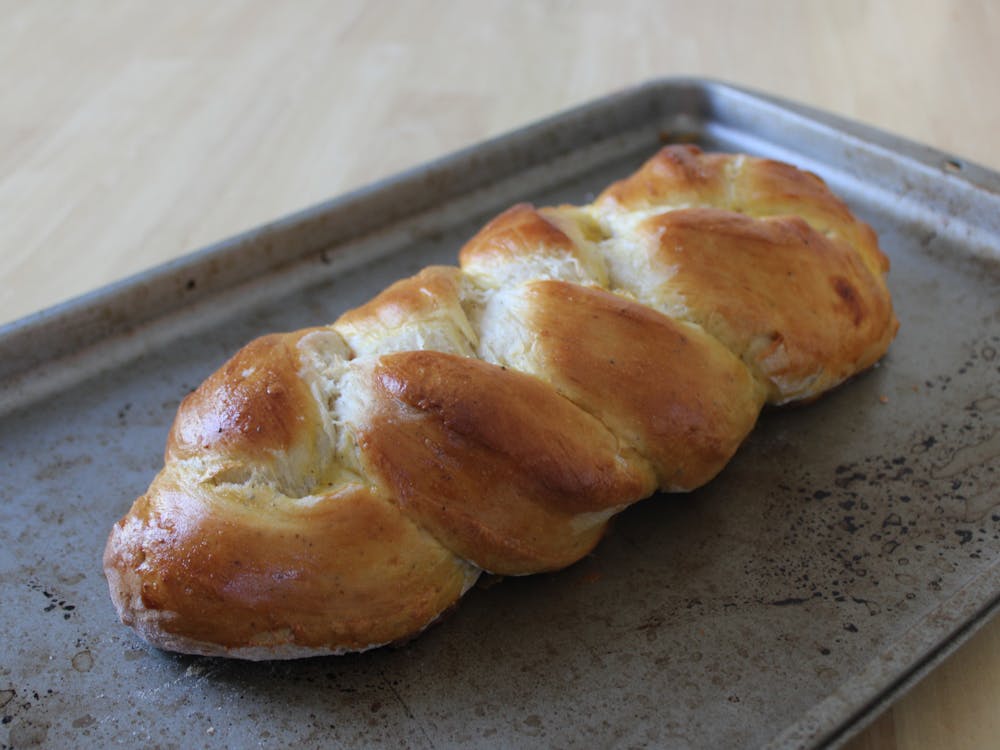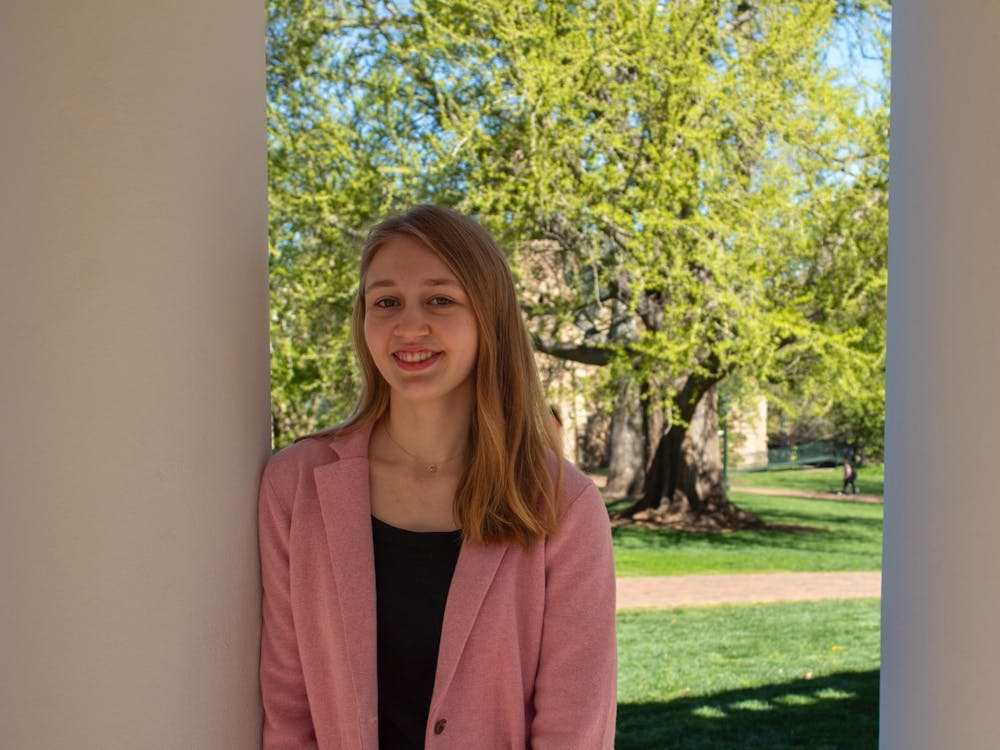Every fall, as the temperature drops to a brisk chill and the tips of the trees begin to caramelize, professors bombard their poor students with exams, papers, presentations and any other form of assessment to mark the halfway point of the semester. Libraries across Grounds welcome the bustle of occupants to their previously lonely late-night hours, and students abandon the frivolity of youth to hit the books and sacrifice sleep in agonizing pursuit of making the grade.
While browbeaten and sleep-deprived students like to aim for an extensive hold on the information at hand, the reality is that most individuals take strategic approaches to preparing for these tests of intelligence, tenacity and stamina. Some naïve souls seek to learn everything and refuse to rely on luck, but practicality dictates that one cannot know everything about everything. Many students study advantageously and specialize in a select range of concepts so as to prove complete proficiency if asked about them in particular on the big day. I call this defiant move and popular midterm strategy “The Hinge of Fate.”
I humbly borrow this phrase from the fourth volume of Winston Churchill’s monumental “Second World War” to explain how students can only rely on their own abilities for so long — eventually, the outcome of their endeavor falls out of their hands to unknown external factors. While this title lends itself specifically to the dramatic turning points of World War II, the idea of an outlying providence shaping the outcome of things plays an important role in many other aspects of life.
Churchill, a great believer in the forces of destiny in determining man’s fate, spent almost 70 years in the public spotlight as a statesman, orator, writer, historian and so on. His contributions to Western society and his timeless rhetoric still hold great prevalence to the present day. All great men, however, began as earnest students like us, simply trying to survive the rigors of academia.
In “My Early Life,” Churchill’s autobiographical account of his first 30 years, he describes a moment when his own intellectual capacity gave way to the generous fortunes of luck while taking a seemingly impossible military school exam:
“We knew that among other questions we should be asked to draw from memory a map of some country or other. The night before by way of final preparation I put the names of all the maps in the atlas into a hat and drew out New Zealand. I applied my good memory to the geography of that Dominion. Sure enough the first question in the paper was: ‘Draw a map of New Zealand.’ This was what is called at Monte Carlo an en plein, and I ought to have been paid 35 times my stake. However, I certainly got paid very high marks for my paper.”
Historical accounts certainly do not paint Churchill as an illustrious student. Always struggling in his childhood and adolescence because of his stubborn characteristics, Churchill’s academic performance at the prestigious Harrow School left much to be desired. He described his experience perfectly when he wrote the following: “I am all for the Public Schools but I do not want to go there again.”
Churchill’s anecdote demonstrates that even the best of us have predestined moments of fortune. The Nobel Prize-winning author and wartime prime minister might not have passed this exam if it weren’t for this particular outcome; where would modern history be then? Despite Churchill’s monumental contributions to society, even he needed luck.
While paltry efforts and academic indifference should never be condoned at a university like ours, we as students must remember in the rush to memorize and recount everything we’ve been lectured to over the last month and a half that sometimes things simply go beyond our control. Like it or not, there are higher powers working to determine your transcript at the end of the semester.
Remember this: As you painstakingly survey notes and formulate papers over the next few weeks, there will always be elements of the unknown in the end product of your performance, and you can do nothing except occasionally take a chance and go along with the curveball. Also, take comfort in knowing even Winston Churchill had to fudge through work once in a while just to survive school like each and every one of us.
Bailee’s column runs biweekly Fridays. She can be reached at b.barfield@cavalierdaily.com.




